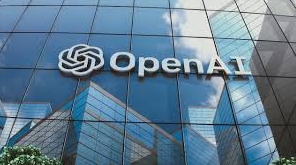Sam Altman, CEO of OpenAI, has signalled the company's desire to engage with China after previously restricting access to ChatGPT and its AI services
Sam Altman, CEO of OpenAI, has signalled the company’s desire to engage with China after previously restricting access to ChatGPT and its AI services in mainland China and other unsupported regions last July. Speaking at the Paris AI Action Summit, Altman remarked, “Should we try as hard as we can to work with China? Absolutely, yes. I think that’s important,” though he did not outline specific areas for collaboration.
Altman also expressed uncertainty about whether the US government would permit such a partnership but emphasised the importance of exploring opportunities with China.
His comments come as Chinese AI company DeepSeek has made substantial advances in the AI field, quickly gaining global attention. DeepSeek, based in Hangzhou, has achieved significant breakthroughs at a fraction of the cost of major American companies, posing a growing challenge to firms like OpenAI.
In recent developments, DeepSeek launched its V3 and R1 models, open-source alternatives to OpenAI’s ChatGPT-4 and GPT-01, which are notably more cost-efficient and less resource-intensive. Additionally, in late January, the company unveiled its new AI image generator, Janus-Pro-7B, claiming it outperforms OpenAI’s DALL-E 3 and Stability AI’s Stable Diffusion.
Altman has previously criticised OpenAI’s reliance on proprietary models, acknowledging the growing success of open-source AI solutions that allow developers to freely modify, share, and improve software.



COMMENTS